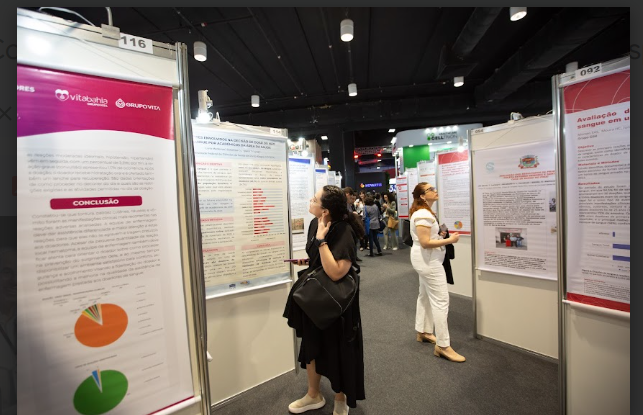


- Red Cell Diseases: Aplastic anemia, paroxysmal nocturnal hemoglobinuria, congenital anemias, Fanconi anemia
- Red Cell Diseases: Deficiency anemias, hemochromatosis and porphyria
- Red Cell Diseases: Hemolytic anemias
- General Hematology - Covid
- Laboratory Hematology
- Leukocytes, Inflammation, Infection and Immunology
- Palliative care
- Flow Cytometry
- Chronic lymphocytic leukemia and other chronic lymphoproliferative diseases
- Chronic myeloid leukemia and other chronic myeloproliferative syndromes, including polycythemias
- Acute leukemias
- Hodgkin's lymphoma
- non-Hodgkin's lymphoma
- Multiple myeloma
- Onco Hemato - Covid Myelodysplastic Syndromes
- Hemostasis and Covid
- Hemostasis and Vascular Wall: Biology
- Hemostasis and Vascular Wall: Coagulation and fibrinolysis diseases
- Hemostasis and Vascular Wall: Platelet Diseases
- Hemostasis and Vascular Wall: Thrombosis
- Apheresis
- Blood cell antigens
- Covid-19
- Blood donation
- Diseases Transmitted by Transfusions
- Quality assurance
- Transfusion Medicine
- Patient Blood Management
- Storage Component Preparation
- Serology
- Niomedical Sciences
- Covid -Multidisciplinary
- Nursing
- Pharmacy
- Management for health services
- Dentistry
- Psychology